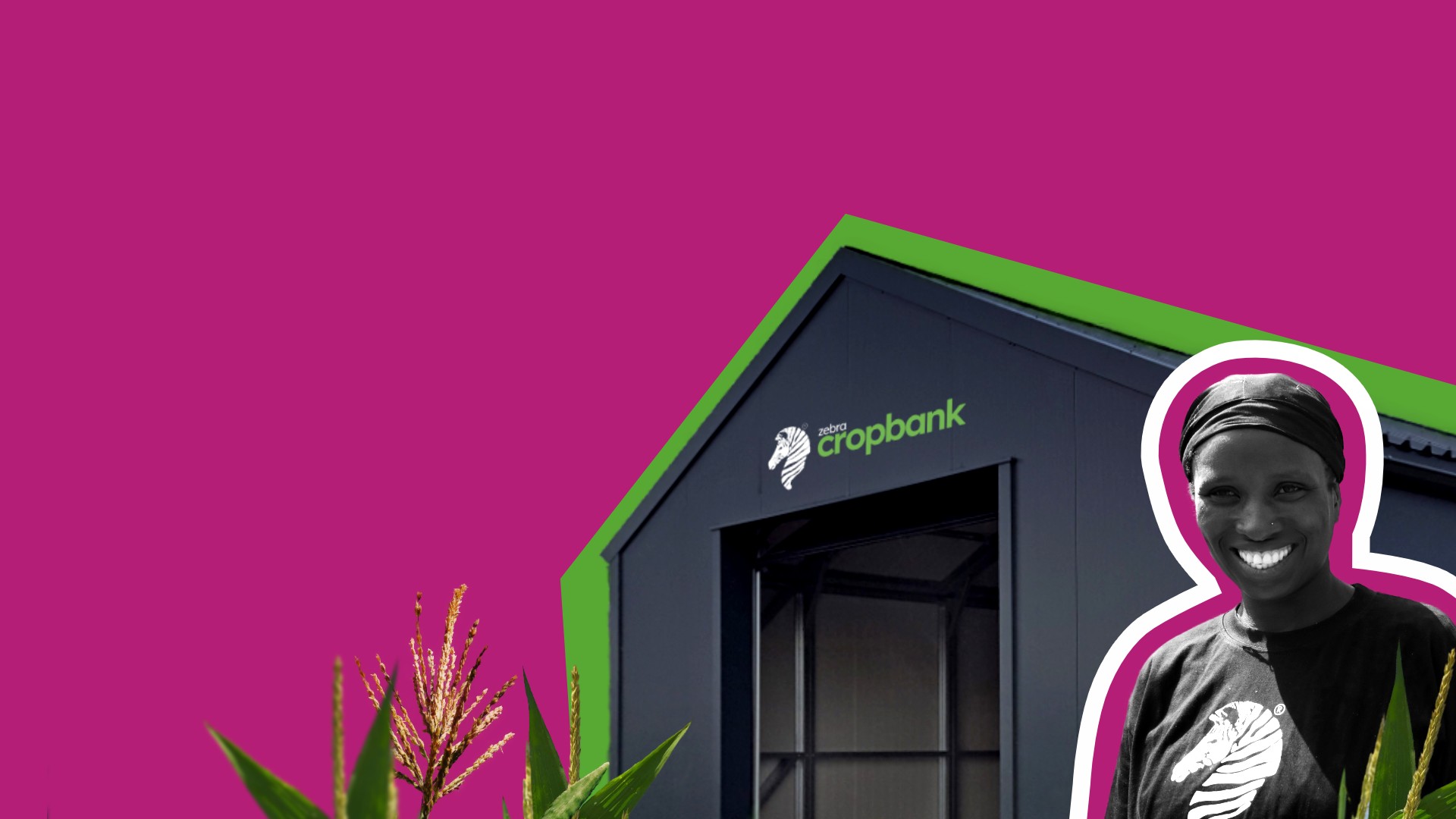Empowering Africa’s Smallholder Farmers: Zebra CropBank Secures Investment for Innovative Agritech Solutions
Zebra CropBank, a pioneering agritech startup dedicated to transforming the fortunes of smallholder farmers across Africa, has secured a significant investment to bolster its mission. While the exact investment amount remains undisclosed, a group of investors with a shared commitment to advancing agricultural sustainability and rural prosperity, led by the Catalyst Fund, has come forward to support Zebra CropBank’s groundbreaking initiatives.
This strategic investment is earmarked for the expansion of Zebra CropBank’s operations, with a primary focus on deploying solar-powered micro-warehouses and enhancing integrated trading platforms. The initiative seeks to address critical challenges faced by smallholder farmers, including limited access to capital, deficient market linkages, and the impacts of climate change. The funds will empower farmers by improving storage capabilities, facilitating market access, and elevating their overall economic standing.
Zebra CropBank’s operational model revolves around constructing and leasing solar-powered micro-warehouses in close proximity to farming communities. These facilities empower smallholder farmers to efficiently store and insure their harvests, while a USSD platform ensures transparent storage and trading of produce. The impact has already been profound, with farmers experiencing up to a 90% increase in incomes, coupled with minimized storage losses.
Why the Investors Invested
Investors have been drawn to Zebra CropBank due to its potential for substantial positive impact on Africa’s smallholder farmers. The investment is grounded in a fact-based and robust reasoning that addresses the multifaceted challenges these farmers encounter. Zebra CropBank’s unique focus on post-harvest challenges, particularly storage facilities and market access, differentiates it within the agritech sector.
Recognizing the urgent need to disrupt cycles of poverty prevalent among smallholder farmers, investors see the investment as a catalyst for change. The potential to directly influence the lives of 380,000 smallholders by reaching just 1% of Nigerian farmers underscores the compelling nature of the investment.
A Look at Zebra CropBank
Zebra CropBank predominantly operates in Enugu State, Nigeria. Successfully establishing five solar micro-warehouse units and engaging 1,400 registered farmers, Zebra CropBank offers climate-smart solutions tailored to the needs of smallholder farmers.
The startup’s core offerings encompass solar-powered micro-warehouses for efficient storage, an integrated trading platform for transparent and equitable transactions, and access to credit linked to stored harvests. Zebra CropBank’s innovative amalgamation of physical and digital tools positions it uniquely in the agritech landscape.
Having demonstrated early success in Enugu State, Zebra CropBank envisions significant growth, aiming to establish over 190 micro-warehouses nationwide by 2027. Addressing a critical market gap, the startup is poised to play a pivotal role in reshaping agricultural practices and uplifting small-scale farmers, with a keen focus on sustainability and responsible growth.
Zebra CropBank is at the forefront of providing climate-smart solutions to smallholder farmers in Africa. By combining innovative technology with on-the-ground support, Zebra CropBank aims to drive positive impact, enhance incomes, and ensure food security for the backbone of Africa’s food production.

Charles Rapulu Udoh is a Lagos-based lawyer, who has several years of experience working in Africa’s burgeoning tech startup industry. He has closed multi-million dollar deals bordering on venture capital, private equity, intellectual property (trademark, patent or design, etc.), mergers and acquisitions, in countries such as in the Delaware, New York, UK, Singapore, British Virgin Islands, South Africa, Nigeria etc. He’s also a corporate governance and cross-border data privacy and tax expert. As an award-winning writer and researcher, he is passionate about telling the African startup story, and is one of the continent’s pioneers in this regard.

